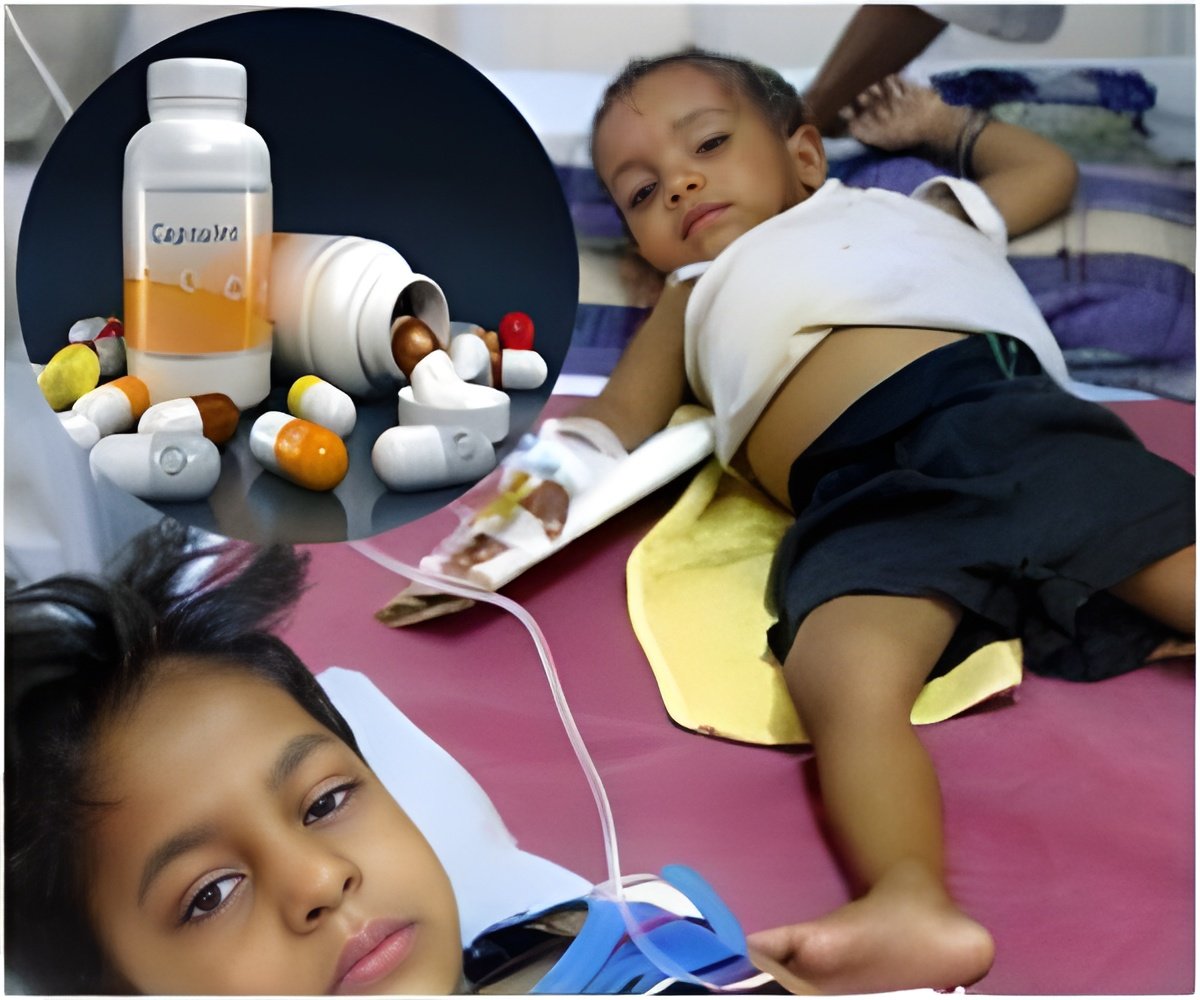
Cholera, kala azar and leprosy are some of the neglected tropical diseases traditionally found in low-income Asian and African countries.
The experts focused on how to reach the poorest and most marginalised people, and how to increase research and development capacity.
"India recognises the challenges posed by neglected diseases and is committed to fight and eliminate each one of them. All stakeholders must work together to implement strategies and initiatives for success in our fight against them," Joint Secretary Anshu Prakash of the health ministry said.
Andrew Jenner of the International Federation of Pharmaceutical Manufacturing Associations (IFPMA) said: "Coordination between the government and the network of medicine and vaccine producers lends critical momentum to this process".
The conference "Partnering for Success - Reducing India's Burden of Neglected Diseases" was convened by Global Health Progress (GHP), Organisation of Pharmaceutical Producers of India (OPPI) and International Federation of Pharmaceutical Manufacturers and Associations (IFPMA).
Advertisement
Neglected Tropical Diseases (NTD) predominantly affect the world's poorest people, leading to significant illness and debilitation that hampers childhood development and limits productivity. Globally, more than one billion people are affected by NTDs and more than 500,000 die every year.
Advertisement










